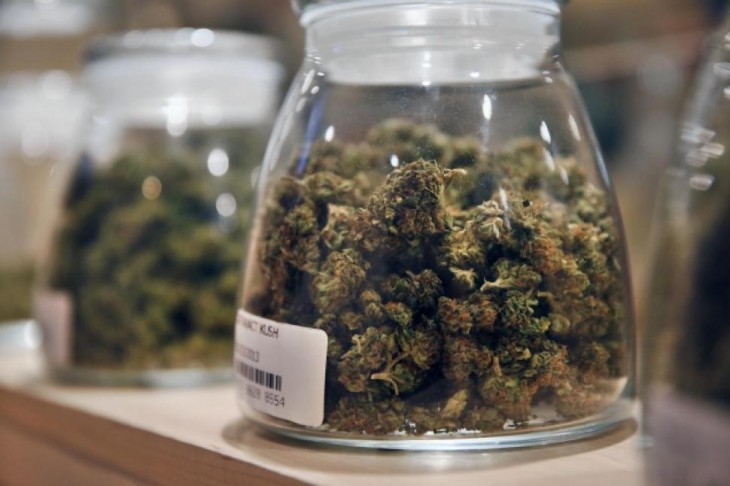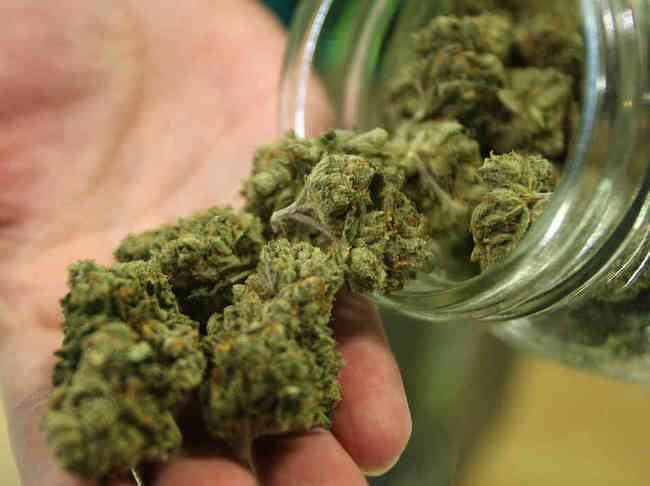The Dangers of Cannabis-Normativity
There is a new discussion in Academia Town, and it is based on the concept of cannabis-normativity. In order to understand what it means, we need to take a couple of steps back. According to the Oxford English Dictionary, normative can be defined as “establishing, relating to, or deriving from a standard or norm, especially of behavior”, and a norm is “a standard or pattern, especially of social behavior, that is typical or expected”. In other words, when you do something normative or normal (yes, normal comes from the same root) you are following some kind of standard pattern: you are doing what those who define the rules of the game expect.
Academics have been discussing and exploring the concept of normativity for a long time. For instance, a few years ago they came out with the idea of heteronormative, which the Oxford English Dictionary defines as “denoting or relating to a world view that promotes heterosexuality as the normal or preferred sexual orientation”. Interestingly enough, after the success that the gay movement has achieved (think about gay businesses, gay marriage, etc.), academics created also a new concept: homonormativity, which identifies a new way to think about gay, lesbian and queer people that doesn’t disturb the (heteronormative) “norm”. A heteronormative gay is “a good gay” who get married, has a “proper “job and is a good consumer. It has been claimed that this is quite a tragedy, because it indicates that whatever was original about “gayness “has been included in the neoliberal capitalist web of “normality”.
Now, is it time for cannanormativity? Many scholars seem to believe it is. I am sure we – and when I say we, I mean cannabis smokers and activists – are very happy, because legalization is catching up. Still, cannabis-normativity is certainly a danger, and in some part of this world is actually already a reality. Just think about the number of cannabis-based or pseudo-cannabis-based products you can find in liberal American cities, like Seattle and Denver. That’s neoliberal capitalism, in front of your eyes. Sure, we all love the fact that we can buy wonderful pot even online. But we certainly don’t want to lose our own identity as cannabis smokers just because our favorite plant is suddenly businessmen’s favorite plant.
Maybe normativity, especially in places like the United States, is unavoidable. But we can still create pockets where genuine curiosity and knowledge about cannabis culture is cultivated and shared. Don’t you agree?









